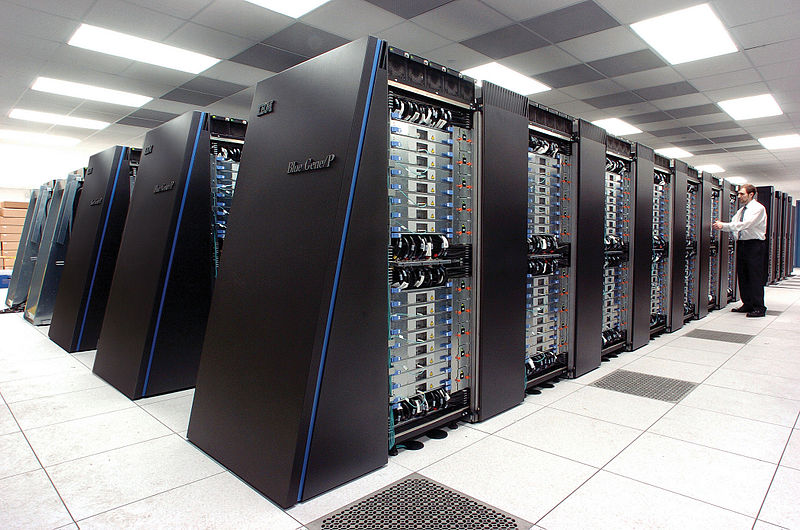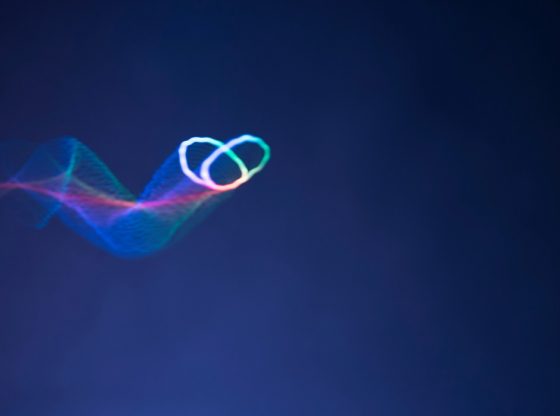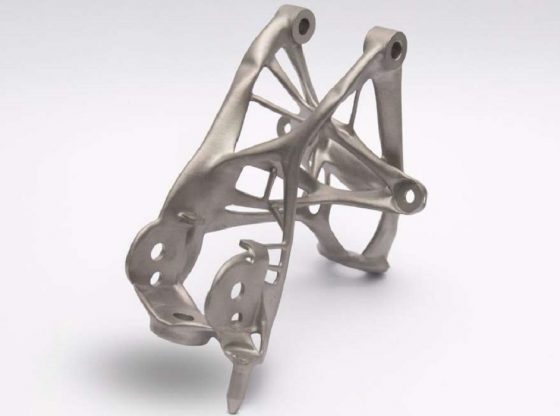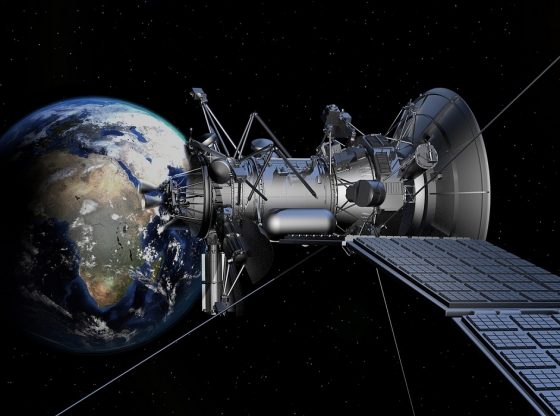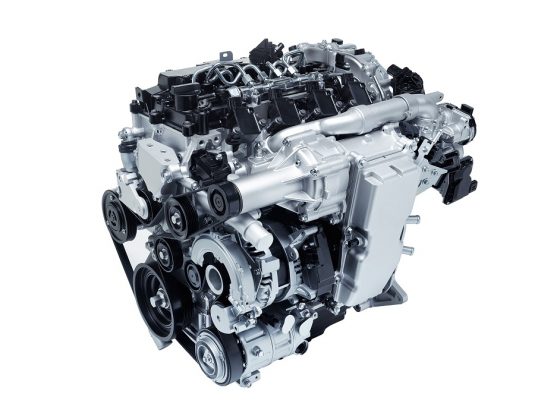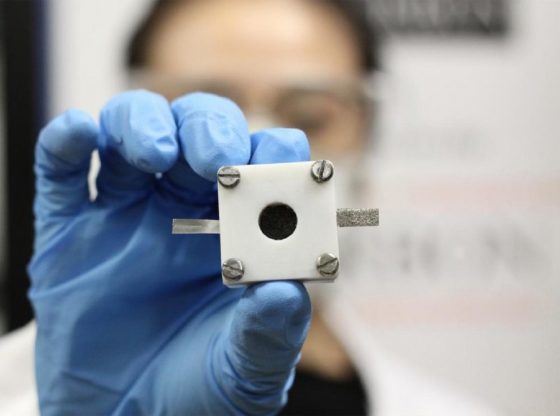Researchers at the European Bioinformatics Institute have successfully encoded an MP3 of Martin Luther King’s 1963 “I have a dream” speech, along with all 154 of Shakespeare’s sonnets – into a single string of DNA.
If this technology were to be scaled up, it would enable the researchers to store 2.2 petabytes of information in a single gram of DNA and recover it with 100 percent accuracy. DNA is also very resilient and lasts for tens of thousands of years.
The study Towards practical, high-capacity, low-maintenance information storage in synthesized DNA was published this week in Nature.
The authors comment their findings, “We encoded computer files totaling 739 kilobytes of hard-disk storage and with an estimated Shannon information 10 of 5.2 × 106 bits into a DNA code, synthesized this DNA, sequenced it and reconstructed the original files with 100% accuracy.”
With all its incredible technological possibilities, there is two major drawback with DNA storage at present time, it’s very expensive and very slow. It’s slow since the DNA needs to be sequenced in order to retrieve the data, but the authors are hopeful for future development.
As one researcher states, “current trends in technological advances are reducing DNA synthesis costs at a pace that should make our scheme cost-effective for sub-50-year archiving within a decade”.
DNA is a material that lasts for tens of thousands of years and this feature has led to some researchers call this method of data storage “apocalypse-proof” because, after a hypothetical global disaster, future generations would eventually be able to read the stored data again. That is if they ever reach that level of technological development again.
______________
Towards practical, high-capacity, low-maintenance information storage in synthesized DNA
____________________________

